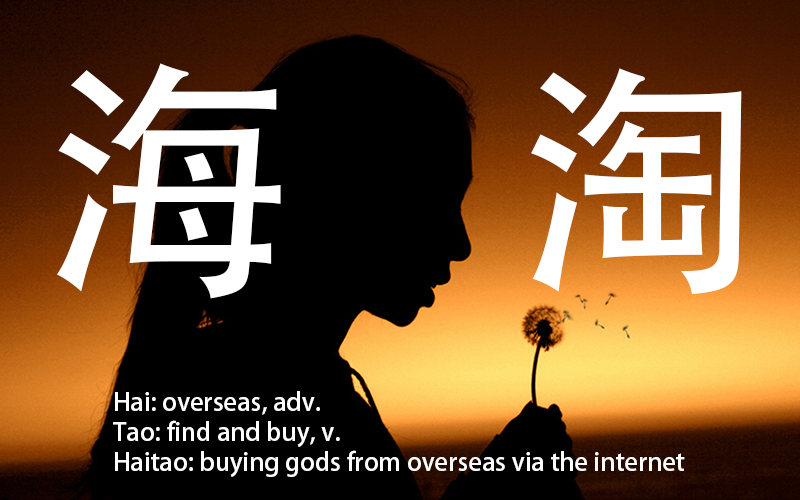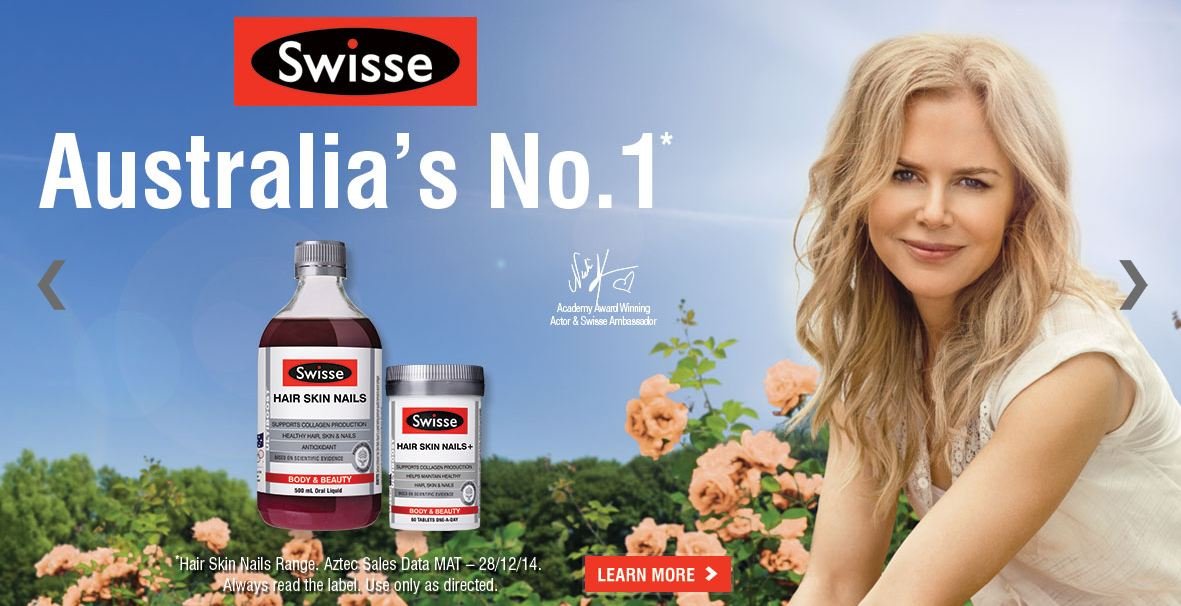PKU MBA Deep Dive: Is Tmall China’s New Midwife?
Over the past several years, Chinese online e-commerce platforms, such as Tmall, have emerged as channels through which an increasingly wealthy Chinese consumer base buys overseas goods. This practice has become commonplace to such an extent that it has been coined haitao (海淘). Indeed, China’s Ministry of Commerce estimates that haitao will exceed RMB 6.5 trillion in 2016.
It’s no surprise, really. While some have proposed that haitao is not simply about the purchased product, the increase in haitao stems in large part from the low-quality reputation that Chinese-made products have long held – not to mention the damage caused by a string of horrific scandals that have left Chinese consumers wary and skeptical.
But, like many things in China, haitao is no mere social or cultural artifact. The impetus comes from the government in the form of policy. In this case, an August 2013 policy establishing six concrete measures designed to support cross-border e-commerce by making changes to duties and foreign exchange, customs clearance and quarantine inspection.
Suffice to say that haitao has firmly established itself as a reality of the modern Chinese business landscape. It is of no surprise then, that something fascinating has started to emerge.

We’ve long heard stories of the Chinese becoming enamored with a particular product – often to the detriment of the producing company. It wasn’t that long ago that Bobbie the Bear, a lavender-colored stuffed bear made on a small farm in Tasmania, became an overnight sensation after a string of famous Chinese actresses posted pictures on social media. Unsurprisingly, the sudden spike in demand caused by celebrity selfies proved overwhelming for the small Tasmanian farm. Not to mention how ill-equipped the producer was to handle the hoard of over 65,000 desperate tourists that arrived that year, hoping to snag a Bobbie from the source.
Bobbie the Bear is but one example of a fairly common scenario. When 1.3 billion Chinese consumers become interested in a foreign product, things can’t help but change. This is precisely what happened to the Swisse Wellness Group.

The Swisse Wellness Group, founded in 1969, is a leading Australian vitamin and supplement company that lays claim to approximately 18 percent of the domestic Australian market. The group was doing what it had always done. Namely, it sold its products in Australia through its normal local distributors and channels, and it employed Nicole Kidman as a global ambassador to promote “inner balance” and a healthy lifestyle.
Suddenly, without launching a single initiative to tap into the Chinese market, its sales in the Middle Kingdom exploded. Its yearly revenues ballooned to AUS 313.1 million from AUS 125.6 million, and its post-tax profit hit AUS 73.7 million during the year ending on June 30; a dramatic reversal from its posted loss of AUS 5.61 million the previous period.
What happened was that Chinese distributors and other intermediaries had started buying Swisse products in bulk to sell them on platforms like Tmall and Taobao. Seemingly overnight, Swisse became the number one brand by transaction on both platforms, beating out larger global brands such as Amway and GNC; which brings us back around to a strange emerging trend: Tmall serving as the midwife in Chinese mergers and acquisitions.

You see, Swisse’s new-found popularity among Chinese consumers on Tmall attracted the attention of major Chinese private equity firms and strategic buyers. Swisse, a relatively small foreign company with a trusted brand, became an obvious target for acquisition due to its proven sales in China and its growth potential. And in short order, Biostime, a Guangzhou-based distributor of probiotic health products and baby formula, purchased a controlling 83 percent equity interest in Swisse Wellness Group.
In a very real way, online channels such as Tmall are acting as catalysts for Chinese merger and acquisition activities overseas. Foreign companies displaying strong online sales to Chinese consumers – say, by being ranked among the top sellers on Tmall International – are becoming ever more likely targets of acquisition.
This is particularly true of Australian companies. Not only are Australian brands widely trusted, but there are already a large number of Chinese nationals living there, able and ready to spread the word about desirable new products. And, as haitao continues to be a central component of Chinese consumer behavior, it is likely that Haitao-driven acquisitions will increase in number.
Ultimately, the Tmall midwife trend, much like other trends in China, is a consequence of the increasingly numerous and wealthy Chinese market. We can expect to see the landscape continue to shift to meet their needs, wants and demands.
Sincere thanks to Professor Jeffrey Towson whose original piece inspired this article and whose help proved invaluable. Professor Towson writes about the fight for rising Chinese consumers. His books can be found on his website. If any of you would like any clarifications, please leave your question in the comments.

This has been the fourth in a series of deep dives conducted by the Peking University Guanghua School of Management MBA program. The first, exploring the problems with recycling in Beijing, can be read here. The second about the psychology of shopping can be read here, and the third installment about how electric cars might solve Beijing's pollution problem can be read here. At Peking University, we emphasize that business in China is more than just management skills. Explore. Discover. China. Learn more at mba.pku.edu.cn/english or read our brochure. Follow us on Twitter, Facebook, LinkedIN and Instagram.
Photos: unik123.com, businesstimes.com, ft.com







